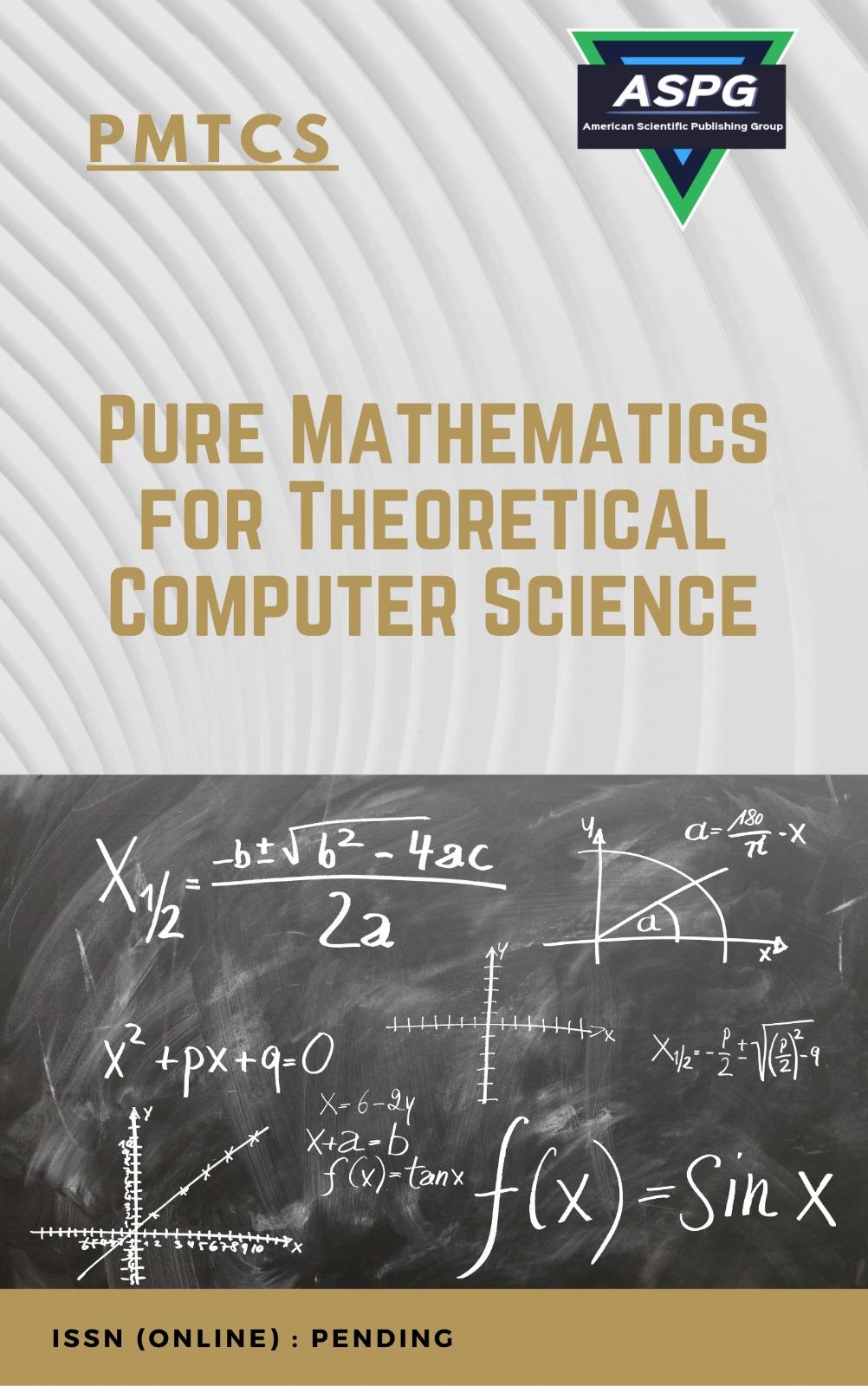

Volume 4 , Issue 2 , PP: 01-22, 2024 | Cite this article as | XML | Html | PDF | Full Length Article
NoorAlzahraa Naeem Abd Ali 1 * , Shrooq Abdul Redha Al Sabah 2
Doi: https://doi.org/10.54216/PMTCS.040201
In this paper, a new two-parameter estimator was proposed to estimate the parameters of the linear regression model that has the ability to face the problem of Multicollinearity based on the previous information about the parameters to be estimated and this estimator was compared with the two-parameter estimator of the linear regression model of Kaciranlar and the two-parameter estimator of the linear regression model (Lokman et al. [1]) using the mean square error criterion (MSE) for each model by conducting Monte-Carlo simulation to study the behavior of the proposed estimator. It was concluded that the proposed method is better than the rest of the estimation methods because it achieved the lowest comparison criteria, and in the case of high Multicollinearity between the explanatory variables, the proposed method was very effective in solving this problem. Data representing (100) observations of the number of women with Irritable Bowel Syndrome (IBS) for the years (2020-2023) from the Karbala Holy Health Department were used, which represents the dependent variable (y) and a group of variables affecting the incidence of the disease, with nineteen variables. It was concluded that irritable bowel syndrome among women is decreasing, as the predictive values according to the proposed method are appropriate for the estimated values during the next five years.
Linear Regression Model , mean square error criterion (MSE) , Irritable Bowel Syndrome (IBS)
[1] Dunai L, Martins J, Umetani K, Lucia O, Ibrahim Y, Appuhamillage GK. E-Learning in Industrial Electronics during Covid-19. 2021 22nd IEEE International Conference on Industrial Technology (ICIT) 2021. https://doi.org/10.1109/icit46573.2021.9453467.
[2] T. B. L, P. S. S. An Analysis on E-Learning and Its Recommendations. Advances in Data Mining and Database Management 2021:166–87. https://doi.org/10.4018/978-1-7998-8061-5.ch009.
[3] Habes M, Ali S, Khalid A, Haykal HA, Elareshi M, Khan T, et al. E-Learning Acceptance During the Covid-19 Outbreak: A Cross-sectional Study. Lecture Notes in Networks and Systems 2021:65–77. https://doi.org/10.1007/978-3-030-77246-8_7.
[4] Basha RFK, Venusamy K. A Detailed Study Of Effective Online Technical Teaching Aids For Augmented Learning in Covid’ 19 Pandemic. 2020 Sixth International Conference on E-Learning (Econf) 2020. https://doi.org/10.1109/econf51404.2020.9385485.
[5] Dung HTT, Hai TQ. Changes in students’ experiences and perceptions towards e-learning at Hoa Sen University during Covid-19 pandemic. Hoang, TTD, & Tran, QH (2021) Changes in Students’ Experiences and Perceptions towards E-Learning at Hoa Sen University during Covid-19 Pandemic AsiaCALL Online Journal 2021;13:22–39.
[6] Shinghal K, Saxena A, Saxena N, Misra R. IOT Based Modified Hybrid Blended Learning Model for Education. 2020 International Conference on Advances in Computing, Communication & Materials (ICACCM) 2020. https://doi.org/10.1109/icaccm50413.2020.9213049.
[7] Popchev I, Orozova D, Stoyanov S. IoT and Big Data Analytics in E-Learning. 2019 Big Data, Knowledge and Control Systems Engineering (BdKCSE) 2019. https://doi.org/10.1109/bdkcse48644.2019.9010666.
[8] Mohammed CM, Askar S. Machine learning for IoT healthcare applications: a review. International Journal of Science and Business 2021;5:42–51.
[9] Ilieva G, Yankova T. IoT in Distance Learning during the COVID-19 Pandemic. TEM Journal 2020:1669–74. https://doi.org/10.18421/tem94-45.
[10] Lamri M, Akrouf S, Boubetra A, Merabet A, Selmani L, Boubetra D. From local teaching to distant teaching through IoT interoperability. 2014 International Conference on Interactive Mobile Communication Technologies and Learning (IMCL2014) 2014. https://doi.org/10.1109/imctl.2014.7011115.
[11] Rukmana AA, Mulyanti B. Internet of Things (IoT): Web learning for smart school system. IOP Conference Series: Materials Science and Engineering 2020;830:32042. https://doi.org/10.1088/1757-899x/830/3/032042.
[12] Lea R, Blackstock M. City Hub: A Cloud-Based IoT Platform for Smart Cities. 2014 IEEE 6th International Conference on Cloud Computing Technology and Science 2014. https://doi.org/10.1109/cloudcom.2014.65.
[13] Shamshoddin S, Khader J, Gani S. Predicting consumer preferences in electronic market based on IoT and Social Networks using deep learning based collaborative filtering techniques. Electronic Commerce Research 2019;20:241–58. https://doi.org/10.1007/s10660-019-09377-0.
[14] Rahmani AM, Ali Naqvi R, Hussain Malik M, Malik TS, Sadrishojaei M, Hosseinzadeh M, et al. E-Learning Development Based on Internet of Things and Blockchain Technology during COVID-19 Pandemic. Mathematics 2021;9:3151. https://doi.org/10.3390/math9243151.
[15] Kim J, Yun J, Choi S-C, Seed DN, Lu G, Bauer M, et al. Standard-based IoT platforms interworking: implementation, experiences, and lessons learned. IEEE Communications Magazine 2016;54:48–54. https://doi.org/10.1109/mcom.2016.7514163.
[16] Bayani M, Leiton K, Loaiza M. Internet of things (IoT) advantages on e-learning in the smart cities. International Journal of Development Research 2017;7:17747–53.
[17] SİRİPONGDEE K, PIMDEE P, TUNTIWONGWANICH S. A blended learning model with IoT-based technology: effectively used when the COVID-19 pandemic? Journal for the Education of Gifted Young Scientists 2020;8:905–17. https://doi.org/10.17478/jegys.698869.
[18] Jasim NA, Salim AlRikabi HT, Farhan MS. Internet of Things (IoT) application in the assessment of learning process. IOP Conference Series: Materials Science and Engineering 2021;1184:12002. https://doi.org/10.1088/1757-899x/1184/1/012002.
[19] Pandey D, Singh N, Singh V, Khan MW. Paradigms of Smart Education with IoT Approach. EAI/Springer Innovations in Communication and Computing 2021:223–33. https://doi.org/10.1007/978-3-030-77528-5_11.